(ECNS) -- I am intensely interested in the history of civilizations, their evolution, and their application to challenges and opportunities. I am not an expert on Confucius’s or Mencius’s thought, but I believe that Oriental civilizations, and Mencius’s perspective in particular, offer an exceptional opportunity. What is clear to me is that applying a Mencius perspective to Oriental civilization causes one to pause, reflect, and consider.
Being Effective Leaders Fit for the Future
Highly effective leaders are an essential ingredient for the future success of us all. We need leaders who dare to dream of what is possible and have the competence to make those dreams a reality. China provides a great example through its setting of targets to lift its people out of poverty and, through good planning and determination, has demonstrated that it is well on track to do so.
Mencius’s insight into benevolence assumes that everyone has goodness in their hearts, but he also urged leaders to know themselves first, to learn from and respect those in authority, including the importance of family, and, by extension, to apply these thoughts and insights to the community and the world.
If you and I, as leaders, applied these simple parameters today, we would seek to undertake significant self-reflection and self-improvement, particularly before proceeding to make important and far-reaching decisions that could have potentially significant unintended consequences.

This requires a focus on our personal accountability, professional integrity, and moral leadership, where present, either historically or in the modern world, offering the best chance of building a secure and prosperous nation that citizens will respect and wish to contribute to.
Mencius’s thoughts on benevolent governance, while promoting economic endeavor and success, go further by advocating that leaders should act with compassion and justice toward their people. He argued that when leaders care for their citizens’ well-being and prioritize moral governance that is well understood by a nation’s people, it fosters confidence, loyalty, peace, and long-term stability—values still highly prized today.
These are simple yet fundamental thoughts on what separates the ordinary from the extraordinary leader, and I believe they are timeless in their application for us all.
We live in challenging times. Today, in many countries where fragmented social ties are common, we are witnessing the tragic consequences of the breakdown and dislocation of families and their impact on communities. We must accept that the modern family is diverse but will still benefit from focusing on family values and community building.
With Mencius’s view of the "extension" of these principles, the global community can benefit by focusing on what we have in common rather than what divides us. Even in these most demanding of times, we must make progress toward inclusive leadership of this nature if we are to achieve a dynamic and productive interconnected global future for the benefit of all.
While modern societies globally tend to emphasize equality, human rights, and inclusion, Confucian values of respect for hierarchy and authority remain applicable, especially in the context of organizations and governance.
As individuals and nations, we need to remind ourselves of the importance of respecting the authority of shared global institutions and their traditions. But we must also maintain a balance between our global obligations and sovereign independence if we are to define and deliver a meaningful shared future for all.
Mencius assists us here with his concept of the Middle Way and the extension of his principles to a global context. Again, we find ourselves needing to urge individuals and nations to avoid extremes in thought and action that may lead to unintended consequences, and to choose cooperation to address global challenges together. In today’s polarized global environment, the Middle Way could help bridge divides by encouraging dialogue, compromise, and measured responses. In my experience, this does not require total agreement but a shared understanding of perspectives, rather than being slaves to past grievances, divisions, conquests, and misunderstandings.
To achieve the breakthroughs of tomorrow, this will require gifted leadership in action — and it is possible.
Good Examples of Collaboration in Asia-Pacific
Oriental civilizations are dominant across the region of Asia and the Pacific, but other diverse cultural, religious, and political systems are also highly visible. This has not prevented constructive and successful collaboration.
Countries such as Singapore and China have, in some ways, incorporated Confucian principles into their governance models to balance economic growth with social cohesion, while driving modernization and avoiding social fragmentation.
Pacific nations also have strong cultural ties, placing great emphasis on family, social harmony, respect for authority, and traditions. APEC offers an interesting example of Oriental thought leadership where nations, large and small, meet on the basis of cooperation and share an ambition of achieving shared prosperity across the region by agreeing to focus on common interests such as trade, market access, and administrative simplicity. They also pursue supply chain efficiency, regulatory harmonization, and a focus on problem resolution through mutual benefit.
It does not interfere in the governance or foreign policy of member nations but adopts an empowering and enabling approach to achieving economic growth and its associated benefits without becoming bogged down in judgments or restrictions. In my experience, the thinking visible in Oriental civilizations and in the leadership promoted by figures like Mencius is evident in these structures.
In the current disruption of global trading systems, by pursuing and fostering leadership that is compassionate, just, and responsible — and relevant to the people of the region — these ancient ideas have direct relevance in helping modern societies in the region.
Asia, in many respects, continues to demonstrate that this is possible. As it is very likely to continue to serve as a global engine of development and growth in the years to come, it is hoped that nations in the region will look to mutual benefit and collaboration as the motivating force for the region's progressive development while avoiding division.
Facing the Challenges from AI
Grasping the opportunities and managing the risks posed by new global challenges like AI will be critical. Complexity is increasing, and timeframes are condensing. In truth, some current leaders are struggling to ensure that public interest and policy considerations keep pace with forces like AI. I have been reflecting on what Mencius’s philosophy might offer when considering the future implications of AI. In the current development framework, it feels as if his emphasis on human nature, moral responsibility, and benevolent leadership is missing, and our public institutions are either perplexed or scrambling to keep up.
Mencius’s belief in the inherent goodness of human nature cannot simply be assumed in the development of AI. As a starting point, I believe we must accept that AI systems are neither inherently good nor bad. Their application and impact depend entirely on how they are programmed and used. Innovators and entrepreneurs must take responsibility to ensure that AI development does not outpace human ethical consideration.
We urgently need an industry-wide commitment to human-centered AI development. We need rules and guidelines defining ethical governance and transparent accountability for AI. Industry leaders must be held morally responsible for the design and control of AI algorithms and for crucial decisions regarding their function and application. The public and private sectors must actively educate their populations and work on consensus building regarding the use of private data. There must be a public debate about what constitutes public good versus private commercial benefit. Transparency is essential regarding the risks of machine learning and the need for a “kill switch.”
One hopes that Mencius’s view of the Middle Way will be critical in shaping the future of AI and the environment in which it will function.
If we focus on using these new technologies as a force for good — exploring how AI might be used to solve global problems such as inequality, climate change, healthcare, and education access in remote regions — the potential gains are extraordinary.
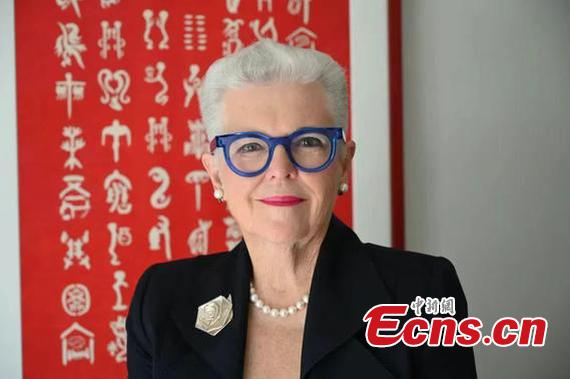
The author is Jenny Shipley, former Prime Minister of New Zealand.
Edited by Wang Zonghan












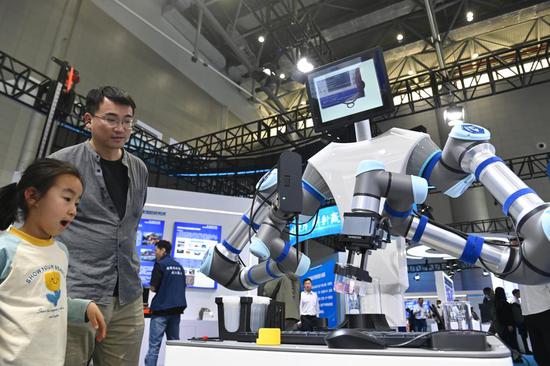
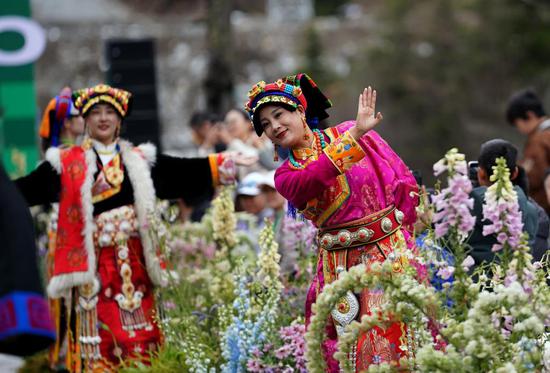





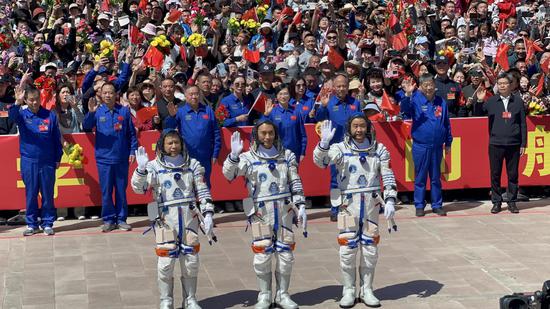

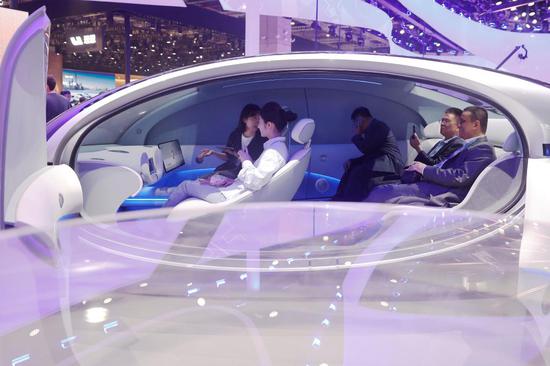
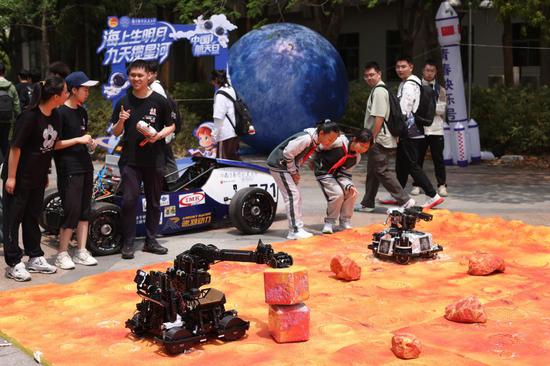

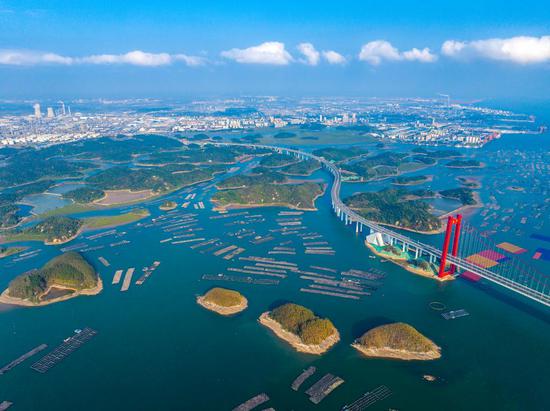
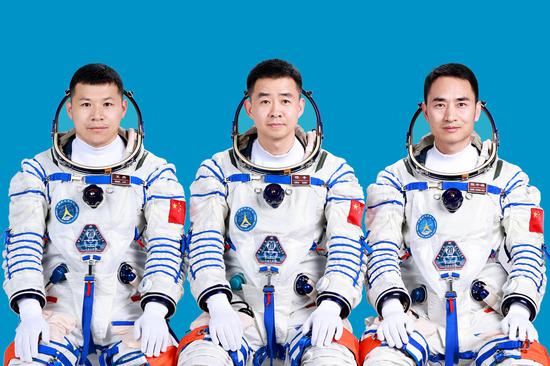
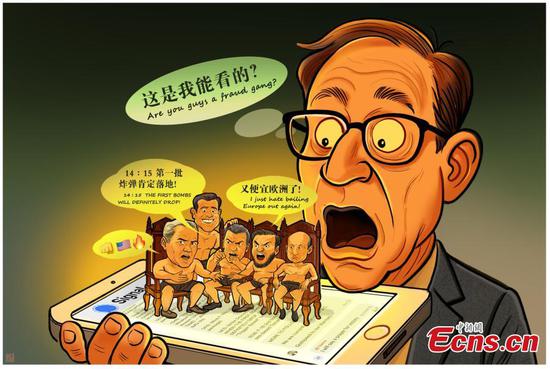



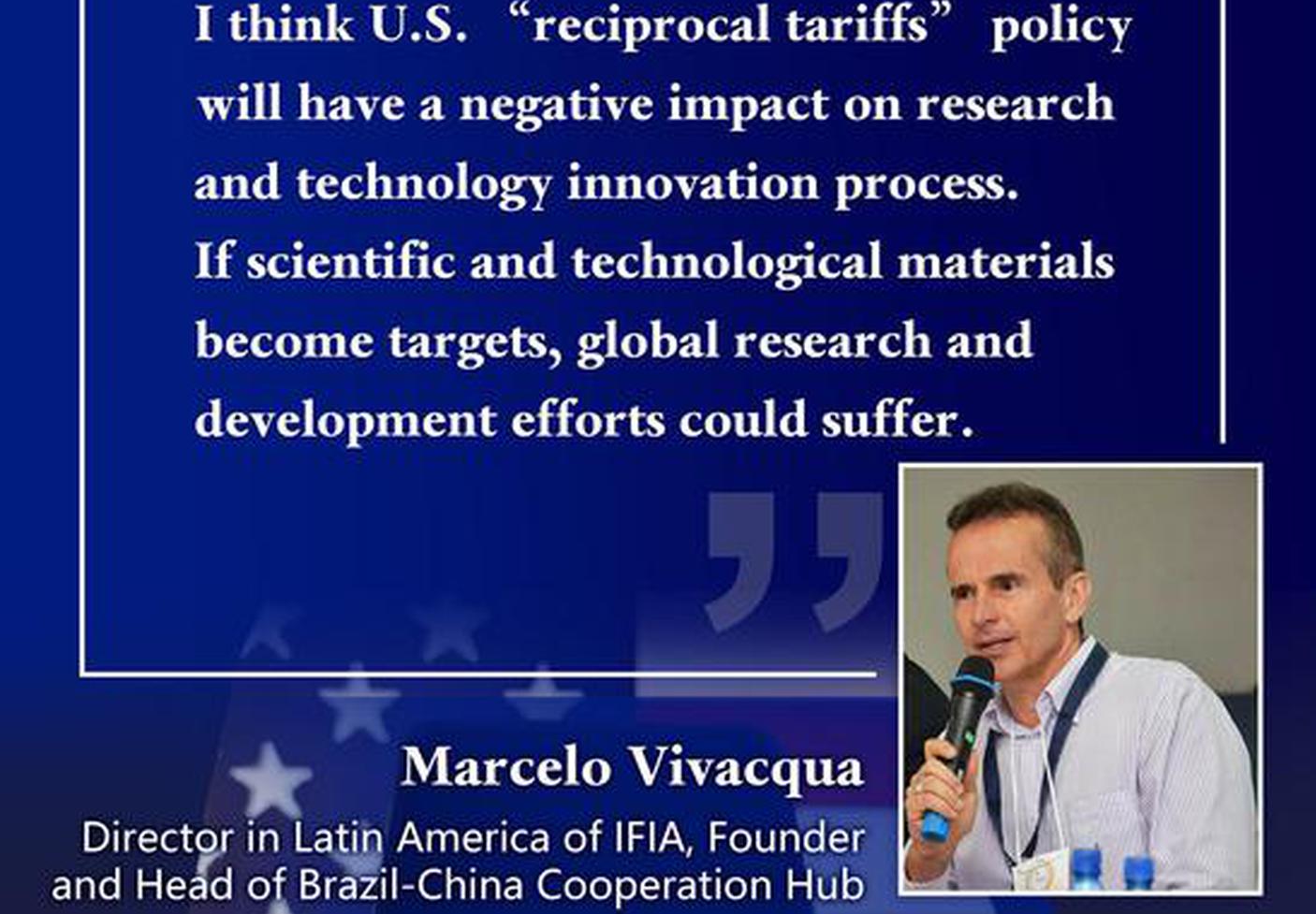



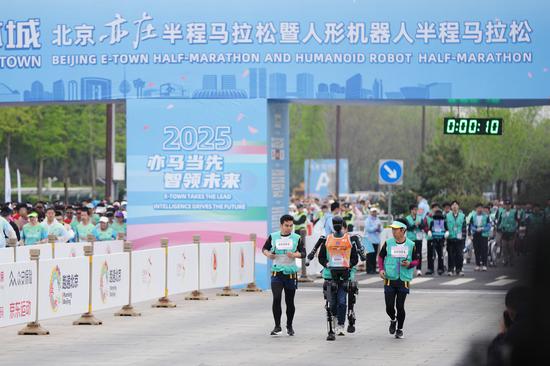
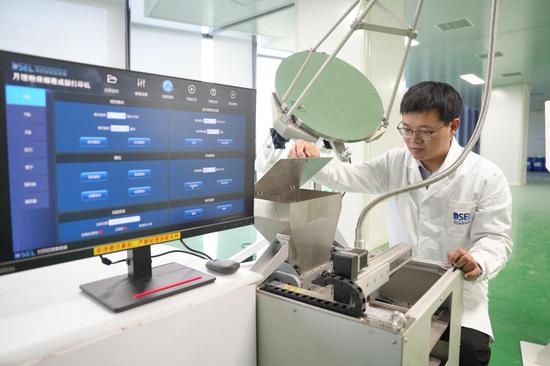
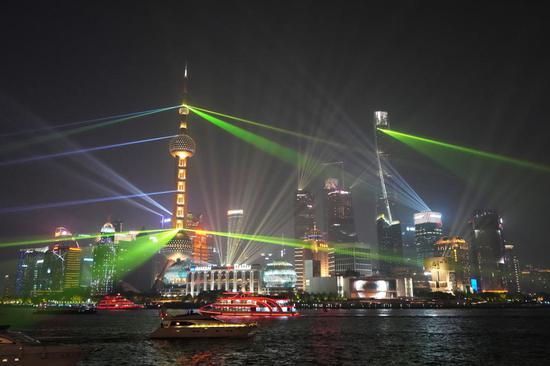
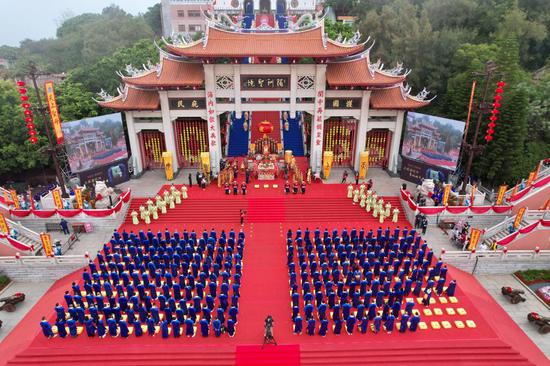
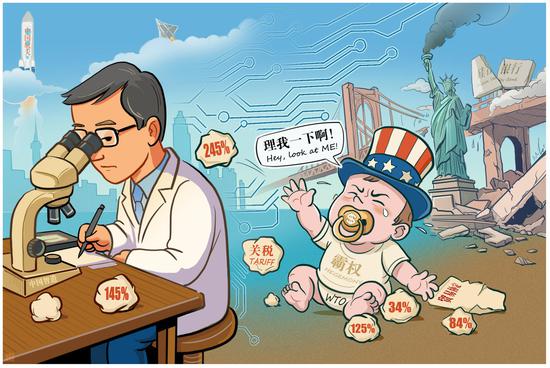

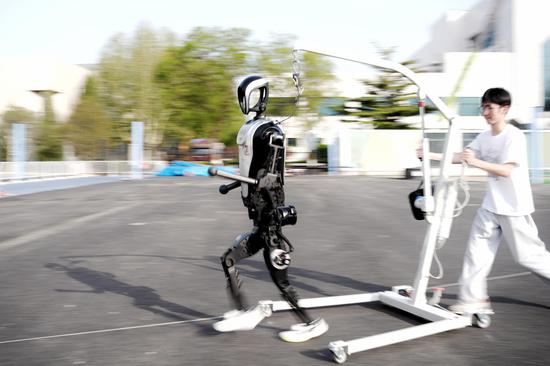


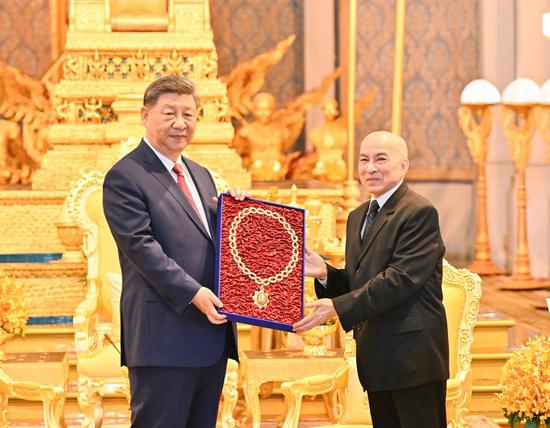


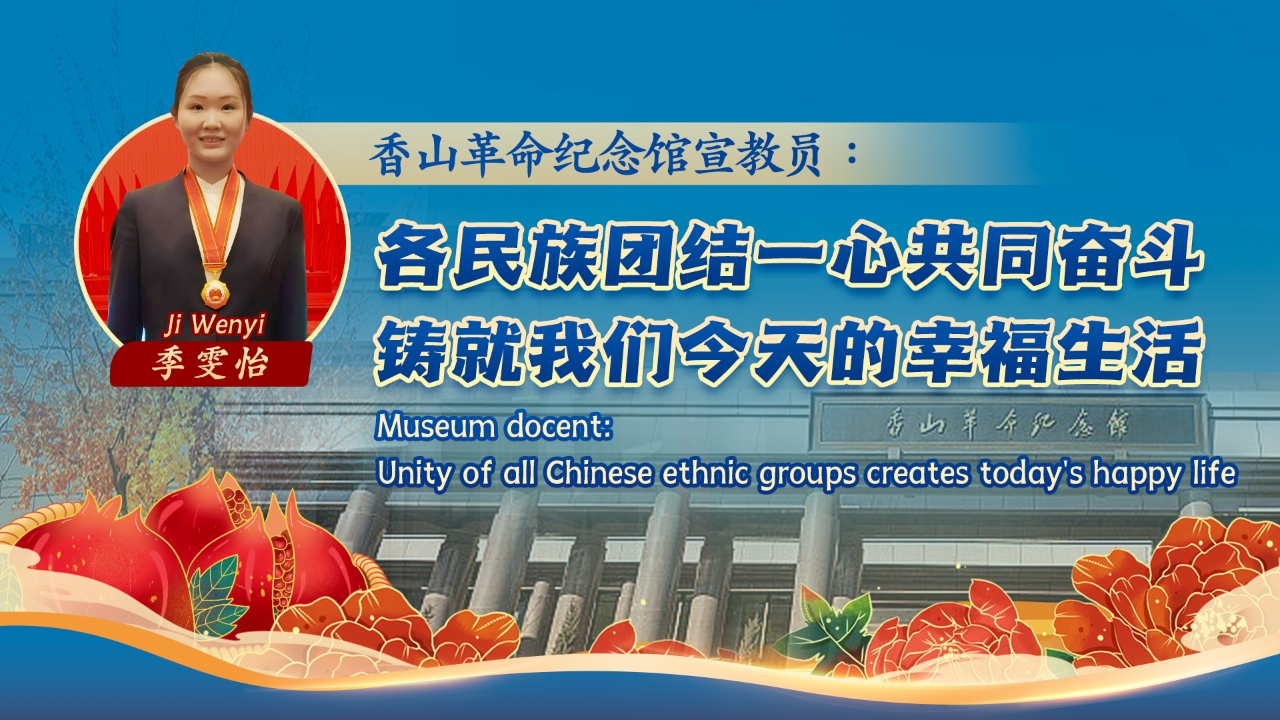

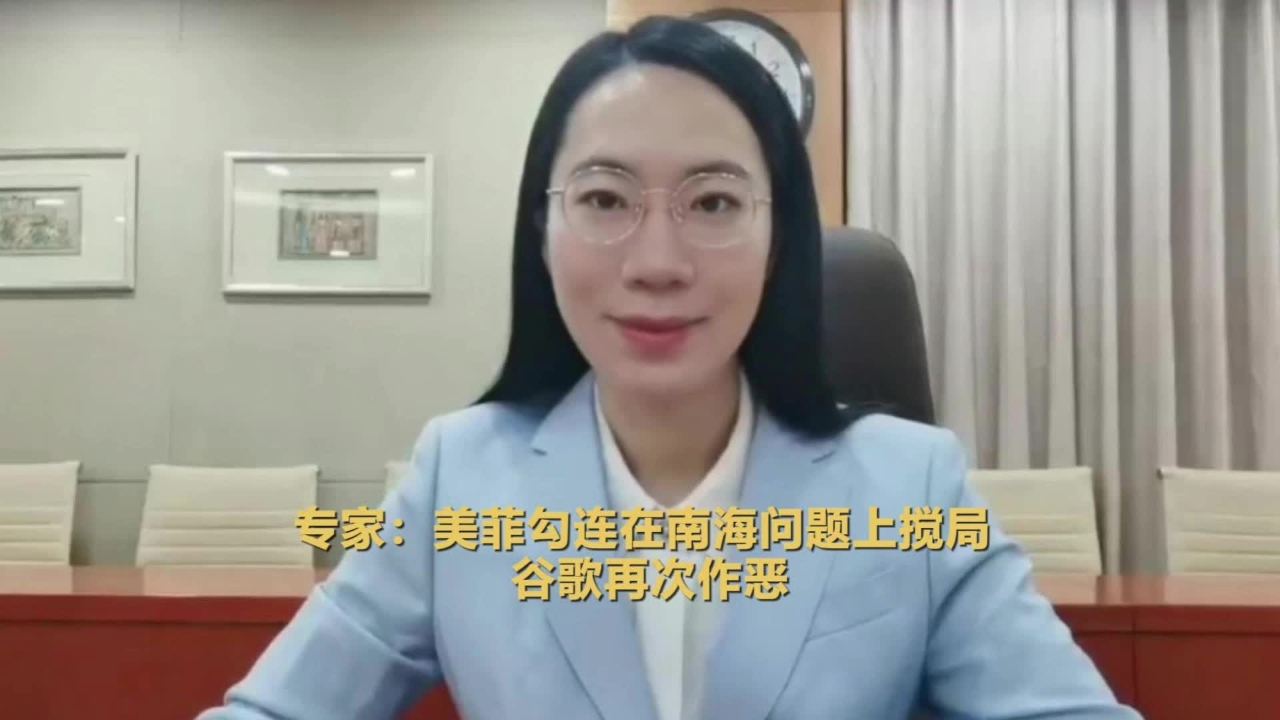

 京公網安備 11010202009201號
京公網安備 11010202009201號